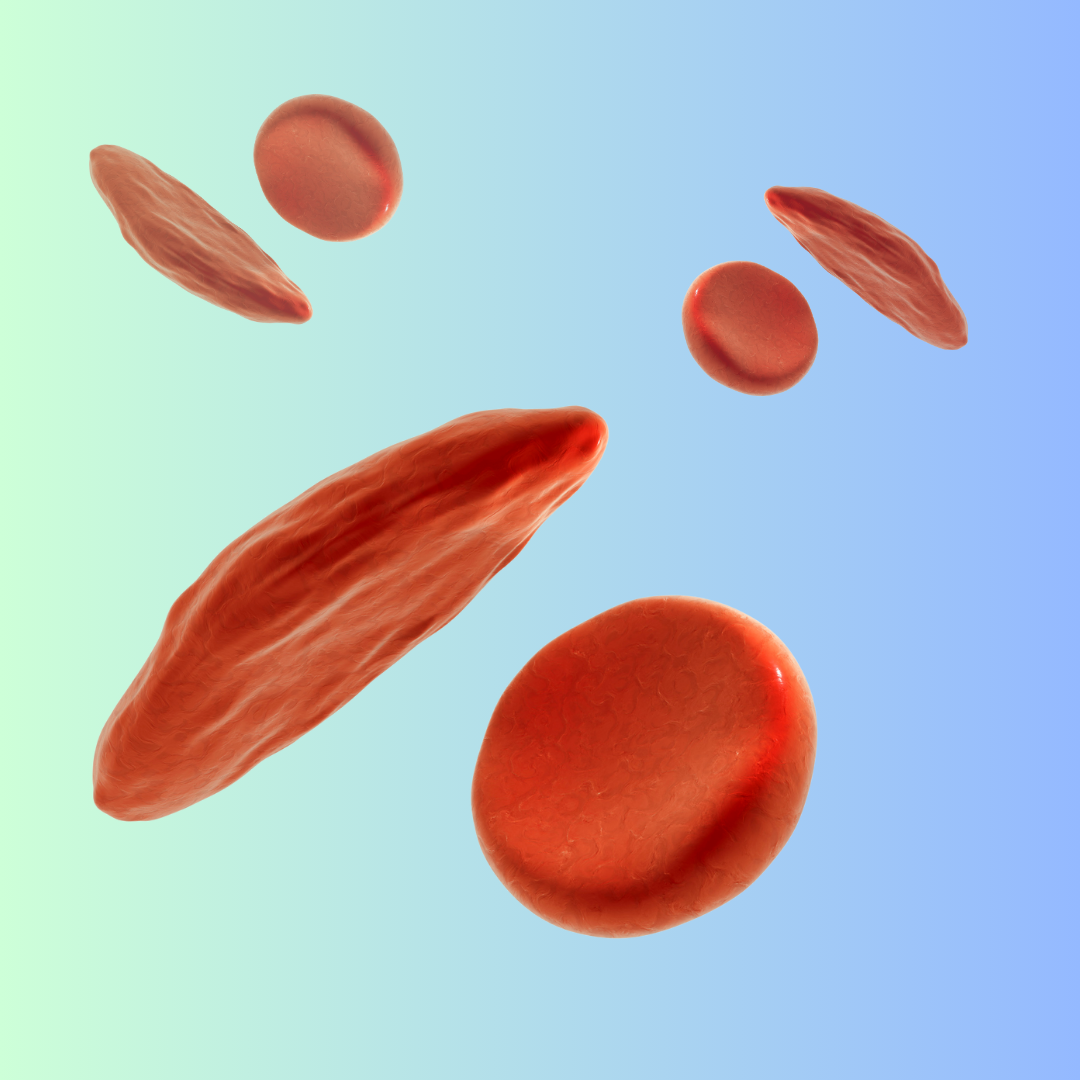Sickle cell patient dies in Beam study of base editing therapy
By Ned Pagliarulo,
BioPharmaDive
| 11. 05. 2024
A medicine built around a more precise form of CRISPR gene editing appeared to work as designed in its first clinical trial test, developer Beam Therapeutics said Tuesday. But the death of a trial participant could renew concerns about an older drug used alongside Beam’s genetic medicine.
Beam’s medicine uses a technology known as base editing to activate a gene in stem cells collected from people with sickle cell disease, an inherited blood condition that can cause debilitating pain and a constellation of other symptoms.
Data shared by Beam from the first handful of patients treated in the trial show the company successfully edited those cells in a laboratory. When later reinfused back into patients’ bodies, they matured into red blood cells that were more durable and less likely to warp into the sharp-edged crescents associated with the disease.
However, one of the patients died from lung damage that was judged by their physician and the trial’s monitoring committee as related to an old chemotherapy drug commonly used prior to stem cell transplants. The Food and Drug Administration also reviewed the...
Related Articles
By Diaa Hadid and Shweta Desai, NPR | 01.29.2026
MUMBRA, India — The afternoon sun shines on the woman in a commuter-town café, highlighting her almond-shaped eyes and pale skin, a look often sought after by couples who need an egg to have a baby.
"I have good eggs,"...
By George Janes, BioNews | 01.12.2026
A heart attack patient has become the first person to be treated in a clinical trial of an experimental gene therapy, which aims to strengthen blood vessels after coronary bypass surgery.
Coronary artery bypass surgery is performed to treat...
By Staff, ScienceDaily | 01.05.2026
Scientists at UNSW Sydney have developed a new form of CRISPR technology that could make gene therapy safer while also resolving a decades-long debate about how genes are switched off. The research shows that small chemical markers attached to DNA
...
Following a long-standing CGS tradition, we present a selection of our favorite Biopolitical Times posts of the past year.
In 2025, we published up to four posts every month, written by 12 authors (staff, consultants and allies), some in collaboration and one simply credited to CGS.
These titles are presented in chronological order, except for three In Memoriam notices, which follow. Many more posts that are worth your time can be found in the archive. Scroll down and “VIEW...




